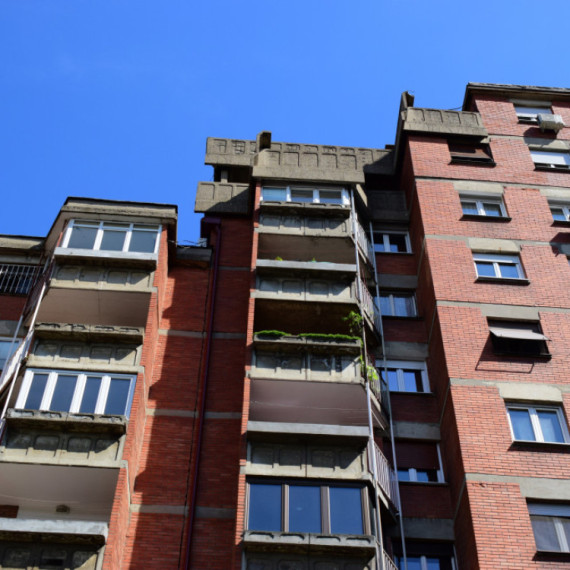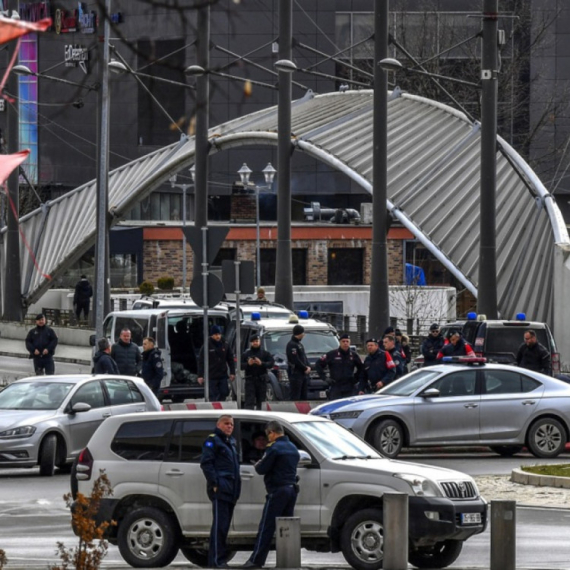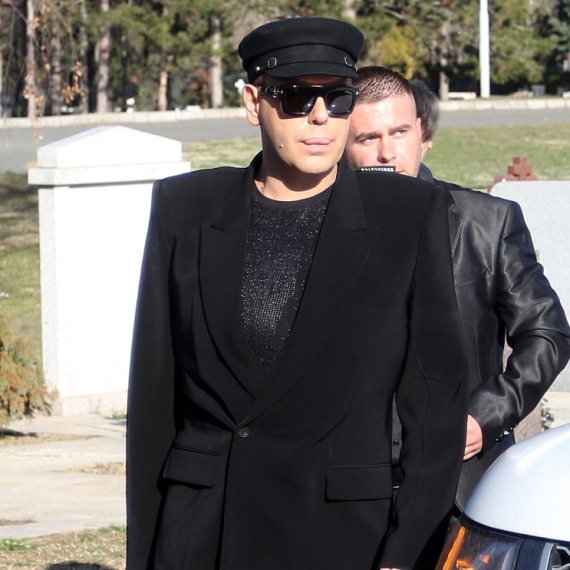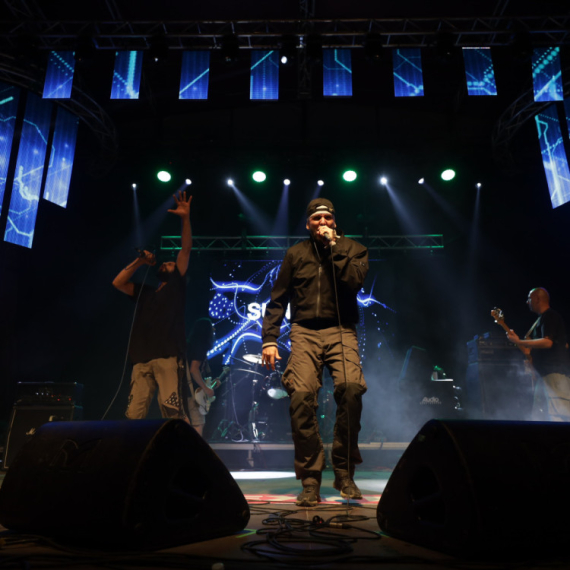Serbia's youth turning increasingly anti-EU
As many as 42 percent of Serbians aged 18 to 29 are against their country joining the EU, a recent poll has shown, a Belgrade daily writes.
Monday, 29.10.2012.
10:10

BELGRADE As many as 42 percent of Serbians aged 18 to 29 are against their country joining the EU, a recent poll has shown, a Belgrade daily writes. Politika notes that 41 percent of the same demographic said they were in favor of the option. Serbia's youth turning increasingly anti-EU Most of those opposed to Serbia's possible future EU membership come from the capital Belgrade, the CeSID poll, commissioned by the Belgrade Center for Security Policy, revealed. Overall, 47 percent of the survey's respondents also said they were against, while of the citizens aged 60 and those older, as many as 51 percent said they were in favor. Now the newspaper reports that analysts are looking at the data, trying to understand why the young population, until recently considered the most enthusiastic advocates of EU integration, "who supported the European system of values and life in the union", have turned against it. Svetlana Logar of Ipsos Strategic Marketing asserted that "it is not important what is happening, whether Europe is pressuring us or not" - according to her, what is important is "how that is being interpreted": "Pro-EU stance varies greatly and depends on the current situation. There have never been more young than older people who were against joining the EU. On average, there is always a half that would vote in favor of EU entry despite the crisis in Europe, despite everything they've seen on TV and pressures from the EU. That means that they are very pro-European. People do not realize what we have already been given. When we were given the while Schengen, it very much raised the motivation and the percentage of those in favor of the EU. That's motivation for entering Europe." Logar's employer carried out its own polls that showed that Serbians think the country had received the most assistance from Russia and Japan. "That is not true," writes the daily. "The most was received from the EU - 3.3 bullion euros. During the same period of time 150 million euros came from Russia, some 20 times less than from the union." Logar says that the support for EU membership never dropped below 46 percent in the several decades that Strategic Marketing has been conducting its survey on the subject. She said that "in these bad circumstances" the support dropped by 20 percent compared to 2008 when it was at around 70 percent. Logar explained that in 2008, "Kosovo declared independence, Fiat arrived, Eurosong was held, and the SAA was signed." (Beta/AP) B92 Politika
Serbia's youth turning increasingly anti-EU
Most of those opposed to Serbia's possible future EU membership come from the capital Belgrade, the CeSID poll, commissioned by the Belgrade Center for Security Policy, revealed.Overall, 47 percent of the survey's respondents also said they were against, while of the citizens aged 60 and those older, as many as 51 percent said they were in favor.
Now the newspaper reports that analysts are looking at the data, trying to understand why the young population, until recently considered the most enthusiastic advocates of EU integration, "who supported the European system of values and life in the union", have turned against it.
Svetlana Logar of Ipsos Strategic Marketing asserted that "it is not important what is happening, whether Europe is pressuring us or not" - according to her, what is important is "how that is being interpreted":
"Pro-EU stance varies greatly and depends on the current situation. There have never been more young than older people who were against joining the EU. On average, there is always a half that would vote in favor of EU entry despite the crisis in Europe, despite everything they've seen on TV and pressures from the EU. That means that they are very pro-European. People do not realize what we have already been given. When we were given the while Schengen, it very much raised the motivation and the percentage of those in favor of the EU. That's motivation for entering Europe."
Logar's employer carried out its own polls that showed that Serbians think the country had received the most assistance from Russia and Japan.
"That is not true," writes the daily. "The most was received from the EU - 3.3 bullion euros. During the same period of time 150 million euros came from Russia, some 20 times less than from the union."
Logar says that the support for EU membership never dropped below 46 percent in the several decades that Strategic Marketing has been conducting its survey on the subject.
She said that "in these bad circumstances" the support dropped by 20 percent compared to 2008 when it was at around 70 percent. Logar explained that in 2008, "Kosovo declared independence, Fiat arrived, Eurosong was held, and the SAA was signed."












































Komentari 37
Pogledaj komentare